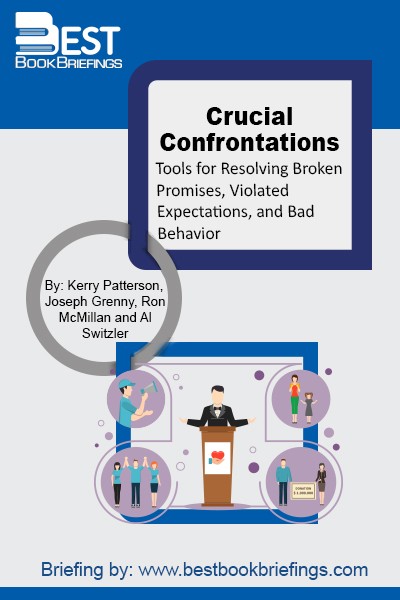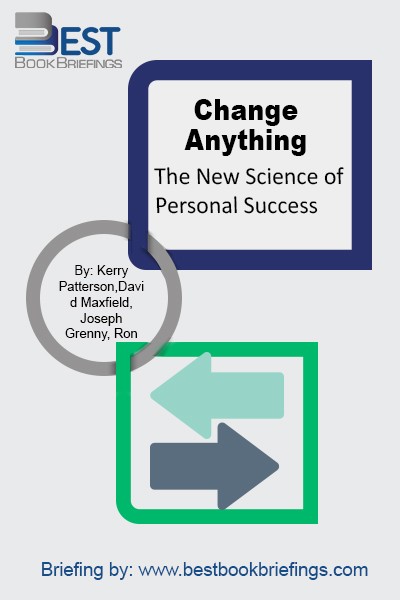Crucial Confrontations
Tools for Resolving Broken Promises, Violated Expectations, and Bad Behavior
Editorial Review
A crucial confrontation consists of a face-to-face accountability discussion. Someone has disappointed you and you talk to him or her directly. All crucial confrontations start with the question: Why didn’t you do what you were supposed to do? And they only end when a solution is reached and both parties are motivated and able to comply.
Book Reviews
Books on Related Topics
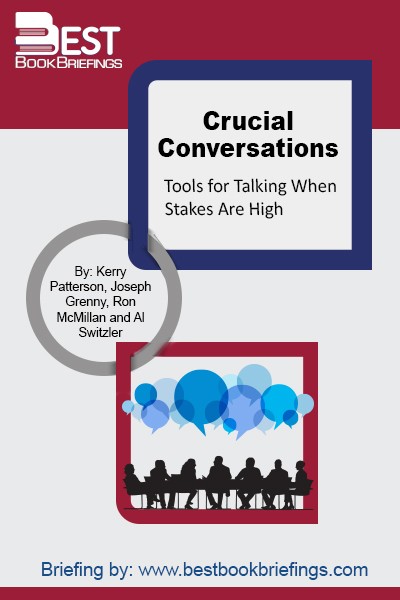
When people first hear the term “crucial conversation”, many conjure up images of presidents, emperors and prime ministers seated around a massive table while they debate the future of the world. Although it is true that such discussions have a wide-sweeping and lashing impact, they’re not the kind we have in

What happened to disconnect us from our compassionate nature, leading us to behave violently and exploitatively? And conversely, what allows some people to stay connected to their compassionate nature under even the most tiring circumstances? While studying the factors that affect our ability to stay compassionate, Ph.D. Marshall B. Rosenberg was
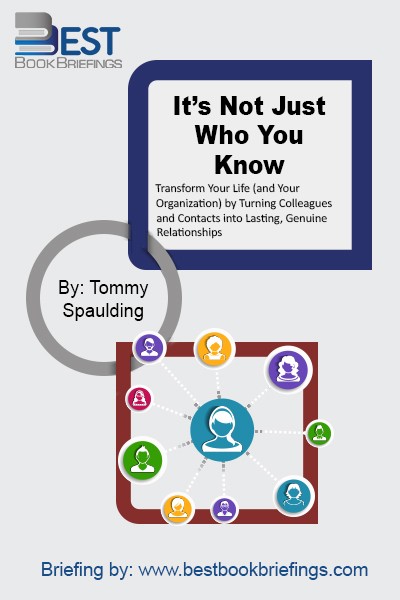
You can’t win long-term loyal friends and customers just by smiling, remembering people’s names, and paying compliments. It’s not all about you. At every turn, the most powerful benchmarks of success involve relationships in which focus is on helping others. That type of focus generates what we call Return on Relationships

We all face bosses who micromanage or take credit for our work, along with peers who become resentful of our promotion. Such work environment would make us feel unfulfilled and disengaged. Others, however, know that relationships at work are the key to success and well-being, and are ultimately critical to the
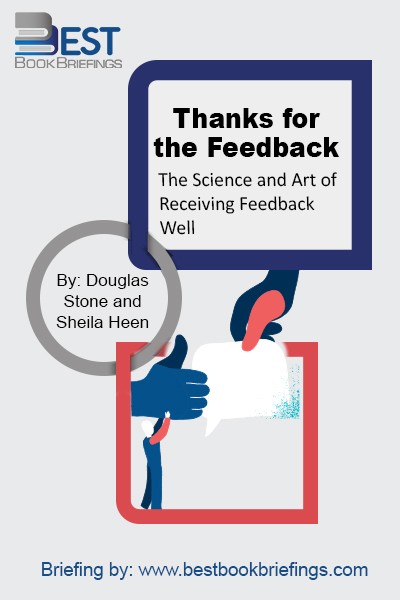
This book is about the profound challenge of being on the receiving end of feedback – good or bad, right or wrong, flippant, caring, or callous. Our primary purpose is to take an honest look at why receiving feedback is hard, and how to provide a framework and some tools that

